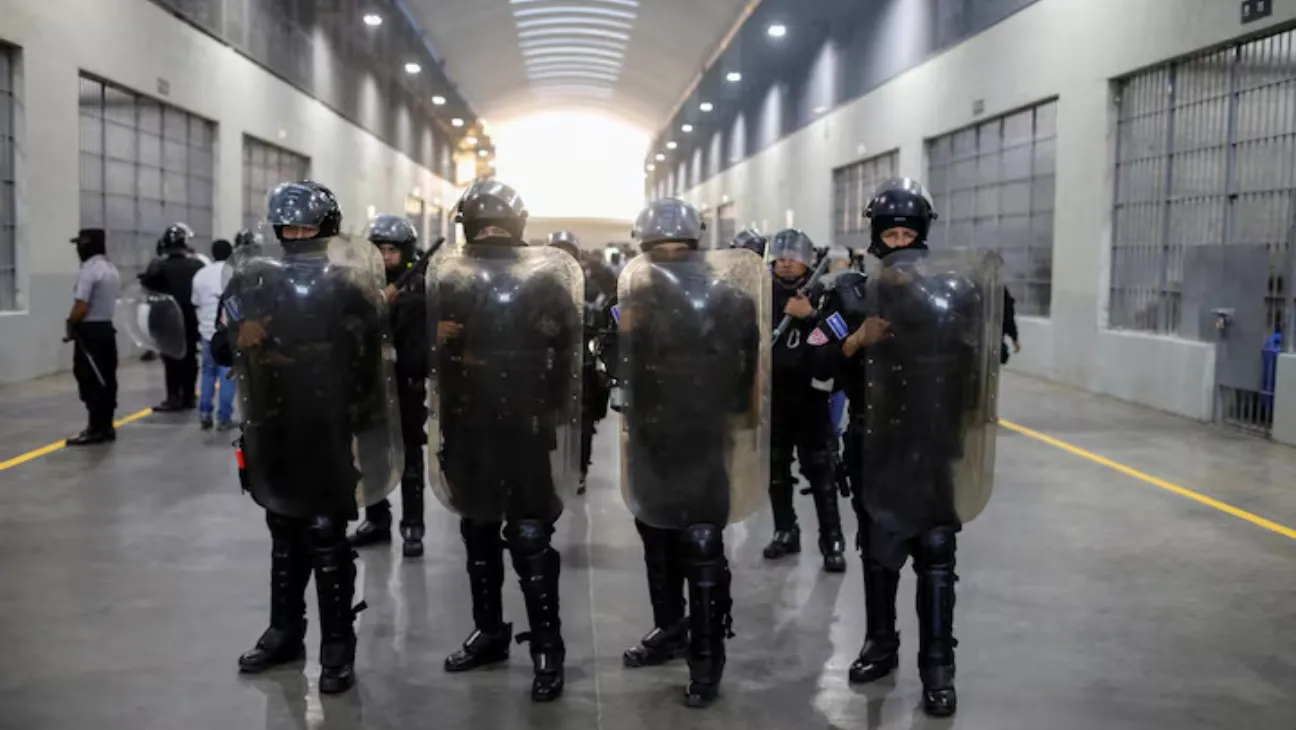A Venezuelan man who was deported to one of Central America’s most heavily guarded prisons has filed a formal complaint against the U.S. government, marking what may be the first step in a wave of legal actions tied to a controversial Trump-era deportation policy.
Neiyerver Adrián Leon Rengel, 27, is seeking $1.3 million in damages, claiming federal agents unlawfully removed him from the country and sent him to El Salvador without proper legal procedures. The complaint, filed Thursday with the Department of Homeland Security, alleges violations under the Federal Tort Claims Act.
This is not a lawsuit in federal court—at least not yet. Under U.S. law, individuals must first file an administrative complaint before they can pursue a civil lawsuit against the government. Homeland Security has six months to investigate and respond. If no resolution is reached, Rengel may sue in court.
The complaint says immigration officials arrested Rengel in his apartment parking lot in Texas, claiming he was a member of the Venezuelan gang Tren de Aragua. His lawyers argue this was based on nothing more than his tattoos and his looks.
He was then flown to CECOT, a maximum-security prison in El Salvador known for holding the country’s most dangerous criminals.
For more than four months, Rengel says he lived through abuse and was often kept alone in his cell. That prison, he claims, is not only packed beyond capacity but also notorious for violating basic human rights.
“He suffered physical, verbal and psychological abuse,” the complaint states. “All in a country that is not his, and with which he had no connection.”
The deportation happened in March under a rarely used 18th-century law known as the Alien Enemies Act. The Trump administration invoked it to expedite the removal of individuals it deemed potential national security threats. Rengel was among 252 Venezuelan men deported to El Salvador under this policy.
The last time the Alien Enemies Act was used on a mass scale, it led to one of the darker chapters in American history: the detention and deportation of people of Japanese, German, and Italian descent during World War II. Now, critics say that same 1798 law is being revived in what they call a dangerous overreach of executive power.
In response to Thursday’s filing, DHS spokesperson Tricia McLaughlin stood by the government’s position, stating Rengel was associated with Tren de Aragua and posed a public safety threat. She added that former President Donald Trump and Homeland Security Secretary Kristi Noem “will not allow foreign terrorist enemies to operate in our country.”
Rengel says he was misled throughout the process. According to the complaint, he was told he would be sent to Venezuela. Instead, he ended up in El Salvador, held incommunicado in a prison where he says he was mistreated.
His return to Venezuela only came last week, as part of a broader prisoner exchange between the U.S. and Venezuelan governments. Details of that swap have not been fully disclosed.
Several other Venezuelans who were deported under similar circumstances have voiced similar concerns. Friends and relatives claim many of them were not affiliated with gangs and were targeted due to stereotypes—tattoos, hand gestures, or even clothing choices.
Whether Rengel’s case leads to others remains to be seen. His complaint may serve as a template for those who say they were wrongfully deported, detained, or abused.
For now, Rengel is waiting. The ball is in the government’s court. If DHS rejects his claim or fails to respond, he plans to escalate the matter through the legal system.









